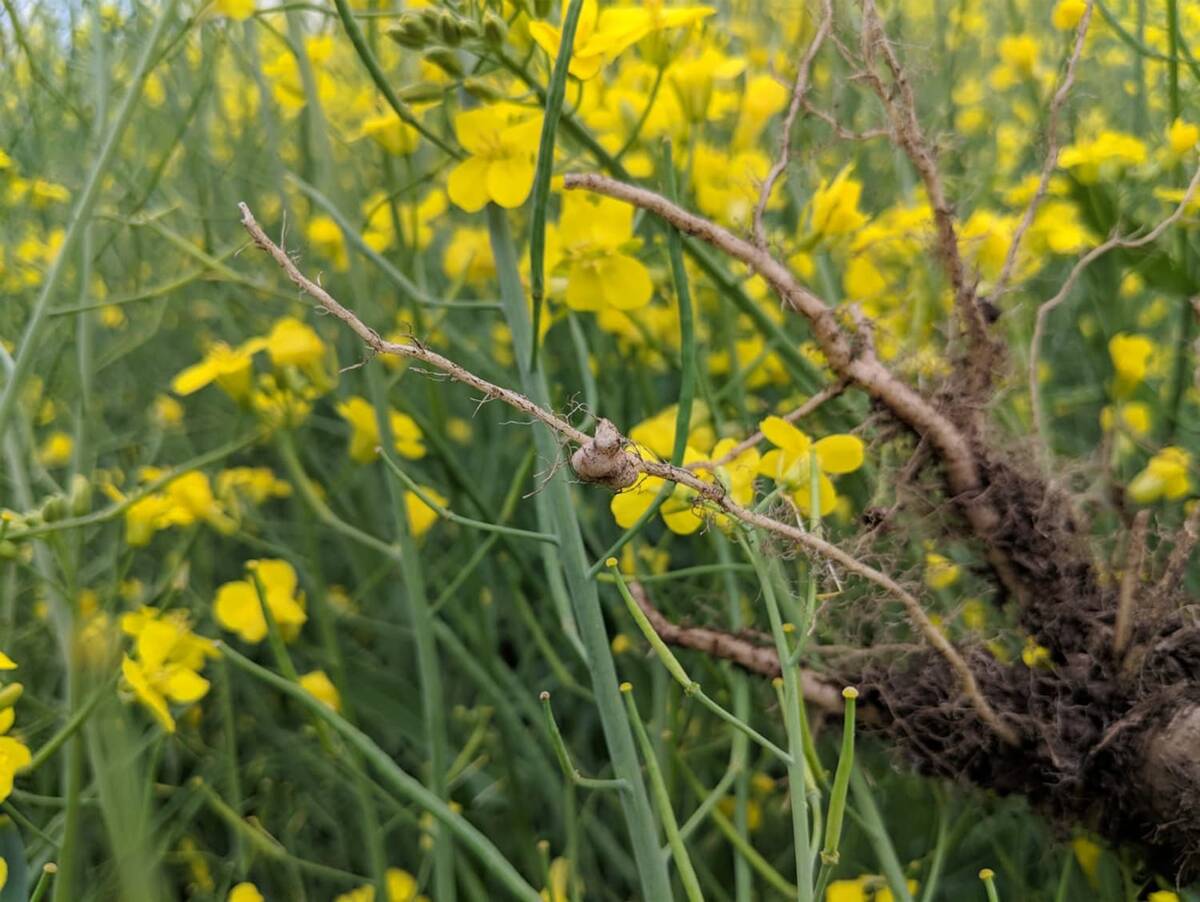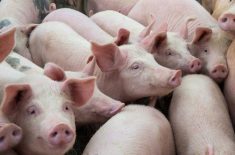LONDON — A government obsession with one-size-fits-all food safety rules could kill local abattoirs within years and deny consumers a local meat alternative, says a former abattoir owner and local food advocate.
Freeman Boyd, co-ordinator of a local food project in southern Ontario, ran a small abattoir near Owen Sound, Ont., for 24 years.
He told the annual National Farmers Union conference Nov. 24 that local abattoirs connected to local consumers are being driven out of business by unnecessary food safety rules.
“I really think we need to change the conversation on food safety,” he said during a panel discussion.
Read Also

Going beyond “Resistant” on crop seed labels
Variety resistance is getting more specific on crop disease pathogens, but that information must be conveyed in a way that actually helps producers make rotation decisions.
“We must not allow regulators to use the food safety issue as a trump card to close us down.”
He said a better way would be to convince provincial and federal regulators that smaller plants should have an exemption from generally applied rules as long as consumers agree to the deal.
“These would be based on face-to-face contact between the retailer and the consumer,” Boyd said.
“I think exemptions are the best opportunity to see our small abattoirs survive.”
In a later interview, Boyd said small local abattoirs cannot afford to meet the standards of practice and inspection set for larger provincially and federally inspected plants.
It is not an issue of food safety but of costly and unnecessary regulations, he said.
However, he also conceded that convincing governments to exempt small abattoirs would be a tough sell. Owners of larger plants would complain about the unfairness of tiered rules.
“The bureaucrats and regulators don’t like the idea,” he said.
“They insist that this is a black and white issue, but I don’t see it that way. Food safety doesn’t have to have a ‘big’ bias built into it. They like to use food safety as a trump card that stops conversations when they want to say something like this can’t be done.”
In response to an audience question, Boyd agreed that one way to deal with it could be to have consumers who want to buy from a local abattoir sign a waiver indicating they have inspected the plant, consider it safe and want to buy its products.
He said 144 abattoirs are licensed by the provincial government in Ontario, most of them small. It is half the number that existed several decades ago.
“Part of the decline has been because of declining demand and as the plants age, it isn’t worth investing more,” he said.
“But a big part of it is the cost of regulation. If we keep going down this path, I can see the small abattoir disappearing in a decade or so.”
For Boyd, it would be a disaster for consumers to become more dependent on large meat processors even as the local food movement is growing.
“It would mean more distance between the consumer and his food, the health issues that come from eating a steady diet of processed food and the bias that big plants and their systems have toward bigger producers,” he said.
“I think that would be another step toward losing our food sovereignty.”















